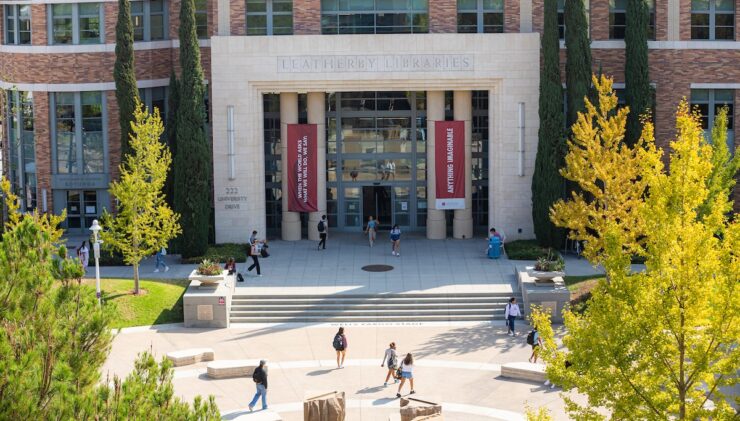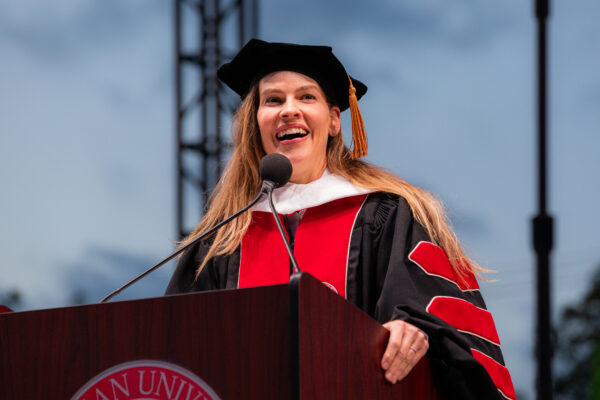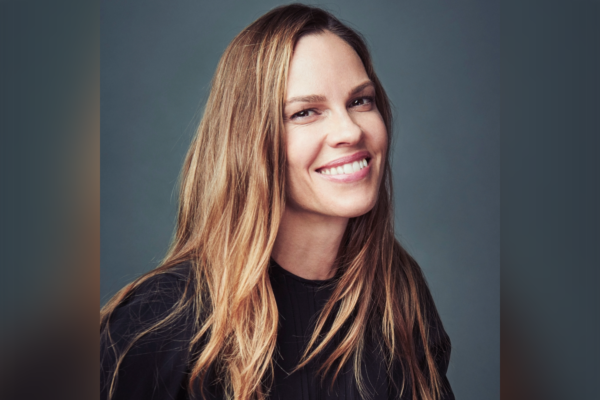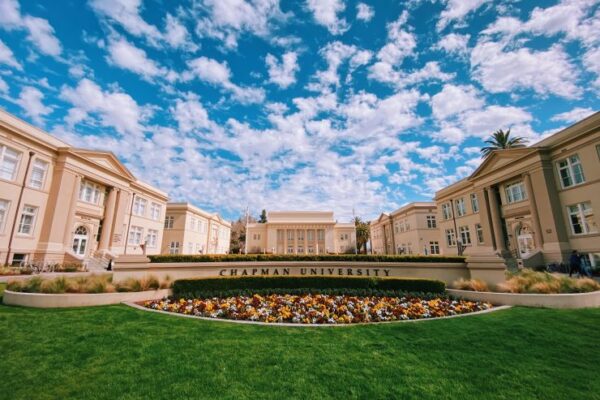A recent study published in Analytical Science Journal conducted by Schmid College of Science and Technology Professor Rosalee Hellberg and students Calin Harris, Diane Kim, Miranda Miranda and Chevon Jordan, reveal that some supplement companies may mislead customers with unproven health claims and undeclared ingredients.
The researchers focused on supplements that have been associated with the purported treatment or prevention of COVID-19 and other respiratory illnesses. During the pandemic, the use of dietary supplements skyrocketed throughout the world. “There was a big spike in purchase and use of these types of supplements during the pandemic,” Hellberg said. “Whenever there’s an increase in demand, there’s also an increased chance for fraud to occur.”
The Chapman team collected 54 supplements containing Ayurvedic herbs, which refers to alternative medicine originating from India. They specifically chose herbs that had been used for the purported treatment of COVID-19. These included ashwagandha, cinnamon, ginger, turmeric, tulsi, vacha, amla, guduchi and tribulus. All products were purchased online and from local retailers in Orange and Los Angeles counties, CA.
The researchers analyzed whether they could use DNA barcoding techniques to identify plant species in supplements to determine the authenticity of the products. DNA barcoding is a method that allows scientists to use a short section of a DNA sequence to identify the species of an organism.
The results of the study revealed several concerns indicating a need for increased scrutiny of these products. In 60% of the products, the researchers did not detect the expected ingredient. However, Hellberg did not explicitly pin these results on fraud. The DNA barcoding method, because it’s being utilized in a novel way, may have a limited ability to detect degraded DNA. Therefore, a negative result does not necessarily prove the absence of the species in the product.
Another limitation of the DNA barcoding method is it doesn’t reveal the quantity of the detected species of ingredients. Additional research would be necessary to verify the amount of each, Hellberg said.
“If the ingredients were present at a higher amount, that is where the concerns can arise,” Hellberg said. “Also, any time you’re detecting things that aren’t on the label, that can indicate some quality control issues. That could also suggest that there are other health risks going on or maybe things aren’t being handled properly.”
The researchers also uncovered 19 products with undeclared plant species. Rice and a few other materials were used as common fillers. They also identified other Ayurvedic herbs that were not listed on labels.
“So these could be used in a fraudulent manner,” Hellberg said. “Instead of having 100% of the declared species on the label, some manufacturers might mix in filler because it’s cheaper.
With undeclared species and ingredients in supplements, consumers could ingest substances that cause allergic reactions and other health risks. However, it isn’t clear from the study how high the risk would be because the researchers were not able to detect the amount of each ingredient.
“If the ingredients were present at a higher amount, that is where the concerns can arise,” Hellberg said. “Also, any time you’re detecting things that aren’t on the label, that can indicate some quality control issues. That could also suggest that there are other health risks going on or maybe things aren’t being handled properly.”
###
About Chapman University
Founded in 1861, Chapman University is a nationally ranked private university in Orange, California, about 30 miles south of Los Angeles. Chapman serves nearly 10,000 undergraduate and graduate students, with a 12:1 student-to-faculty ratio. Students can choose from 123 areas of study within 11 colleges for a personalized education. Chapman is categorized by the Carnegie Classification as an R2 “high research activity” institution. Students at Chapman learn directly from distinguished world-class faculty including Nobel Prize winners, MacArthur fellows, published authors and Academy Award winners. The campus has produced a Rhodes Scholar, been named a top producer of Fulbright Scholars and hosts a chapter of Phi Beta Kappa, the nation’s oldest and most prestigious honor society. Chapman also includes the Harry and Diane Rinker Health Science Campus in Irvine. The university features the No. 4 film school and No. 60 business school in the U.S. Learn more about Chapman University: www.chapman.edu.




